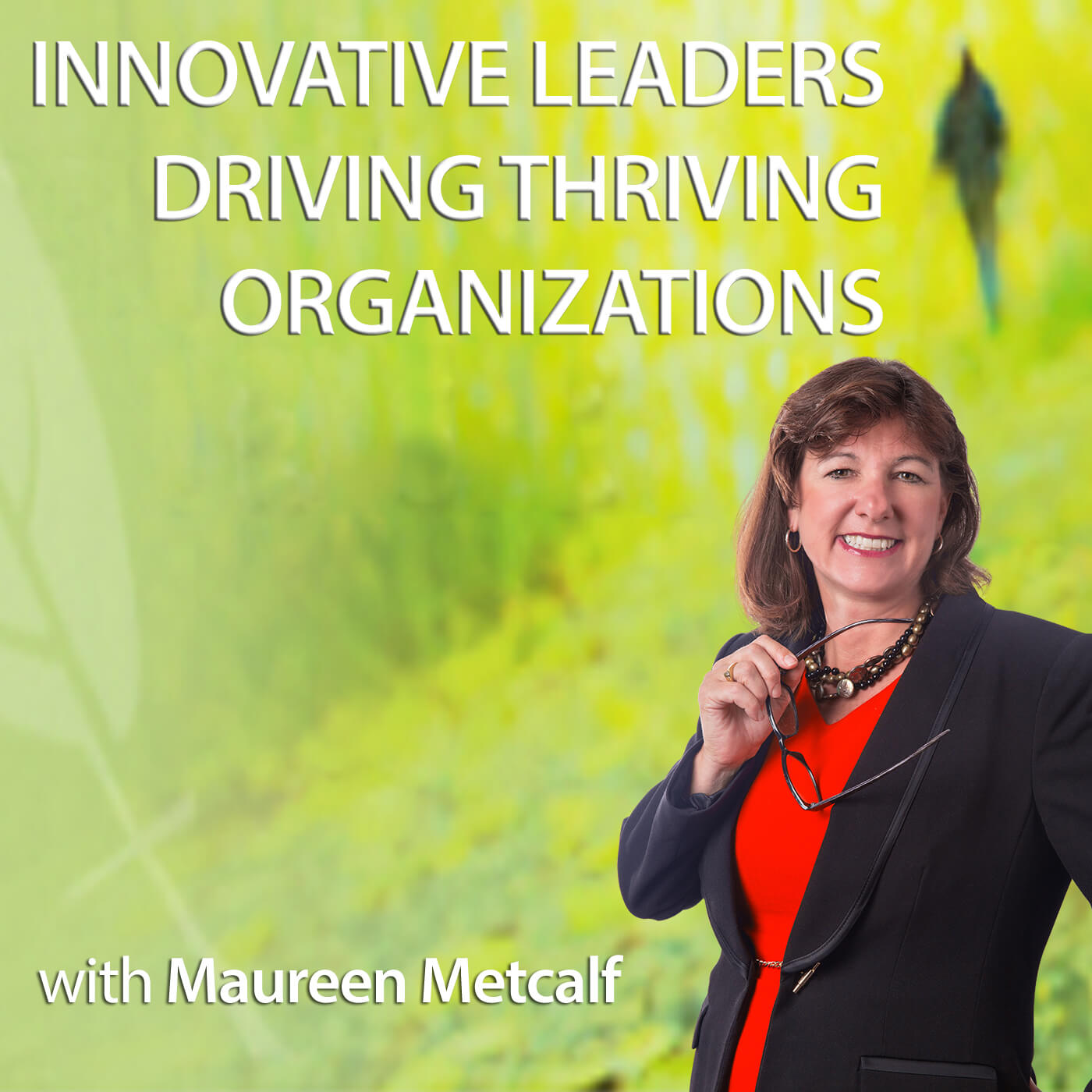This blog is a companion to an interview with Dr. Deborah Zucker on Voice America Innovative Leaders Driving Thriving Organizations on September 27 focusing on the importance of building and sustaining vitality for leaders.
âSelf-Careâ is a big buzzword today in the health community. There are many books and professionals offering quick and easy tips for better âself-careâ. But, Iâm going to suggest something here that may seem kind of radical.
Self-care isnât about the list of things you are supposed to do to be healthy, or about keeping up with the new health fads or latest scientific theories. Self-care isnât about battling yourself into submission to satisfy the agendas of your inner critic.
Self-care is about a fundamental orientation toward the self that is rooted in kindness and compassion.
It is about nourishing all of who you are. And at its foundation, it is about your capacity to truly love and honor yourself and your life.
As wonderful as all this sounds, true self-care is far from easy. The spiritual teacher Adyashanti in his book, Falling into Grace, tells his students,
âThe person youâll have the hardest time opening to and truly loving without reserve is yourself. Once you can do that, you can love the whole universe unconditionally.â
So don’t be surprised if self-care doesnât come naturally, or if you have unexpected and irrational resistance to doing it. We all have baggage, wounds, traumas, and beliefs that keep us from being able to turn toward ourselves with the level of kindness, compassion, and loving care that we may easily be able to extend toward others.
Iâve found that learning how to face and embrace those resistant parts of ourselves is foundational to having an empowered relationship with our own self-care. Issues like shame, self-judgment, and self-sabotage are rarely talked about in most conversations about health. And yet they are critical. We canât ignore them if we wish to discover and live in our innate vitality and thriving health.
If we are unable to turn toward ourselves with loving care, how can we expect to be able to sustain life-giving habit changes?
Itâs also hard to follow through with something that weâre not fully invested in. For example, I was recently talking with a new client who had the intention to integrate more movement into her life. She excitedly told me that she thought she had a great strategy. Since she had to be up early to take her daughter to school, she would just go straight to work and use the gym there before starting her work day. When I asked her what kinds of movement she loved to do, she listed going for long bike rides, hiking, walking with friends, and going to yoga or Pilates classes. When I pointed out that the gym wasnât on her list, she admitted that she actually hates going to the gym. We laughed about how her strategy probably wouldnât last so long! We were then able to come up with a better way to follow through on her intention for more movement by doing things she actually loves to do.
Inquiry Questions:
I invite you now, as you begin or re-establish your self-care journey, to explore what all of this means for you. Grab your journal, find a cozy place to sit, and take some time to ask yourself the following questions:
⢠How might you embrace an orientation to your self-care that is truly rooted in deep careâfull of self-kindness, self-compassion, and self-love?
⢠What are some of the areas of resistance, self-judgment, and self-sabotage that have been enmeshed with your âself-careâ journey that you can focus on uncovering, discovering, and embracing more fully?
⢠What is one thing that you can do differently, starting today to bring more ease to your self-care journey?
By shifting how we approach our self-care we can slowly and gently learn how to honor and love ourselves into our most vibrant, alive potential. Itâs an orientation of mindful self-responsibility in your health journeyâone that is not harsh, mean, or judgmental, but instead is rooted in love and kindness, as well as gentle, nurturing care.
About the Author
Dr. Deborah Zucker is a naturopathic physician, transformational health coach, and author of The Vitality Map: A Guide to Deep Health, Joyful Self-Care, and Resilient Well Being. Her holistic approach to healthcare focuses on helping mindful, compassionate people to love, nourish, and heal themselves on every level so that they can unleash their gifts and service to the world. As the founder of Vital Medicine, she offers many virtual and retreat-based programs. She holds a doctorate in naturopathic medicine from Bastyr University where she has also served as adjunct faculty, and is a graduate and past mentor of the Generating Transformative Change program in Integral Leadership at Pacific Integral.





